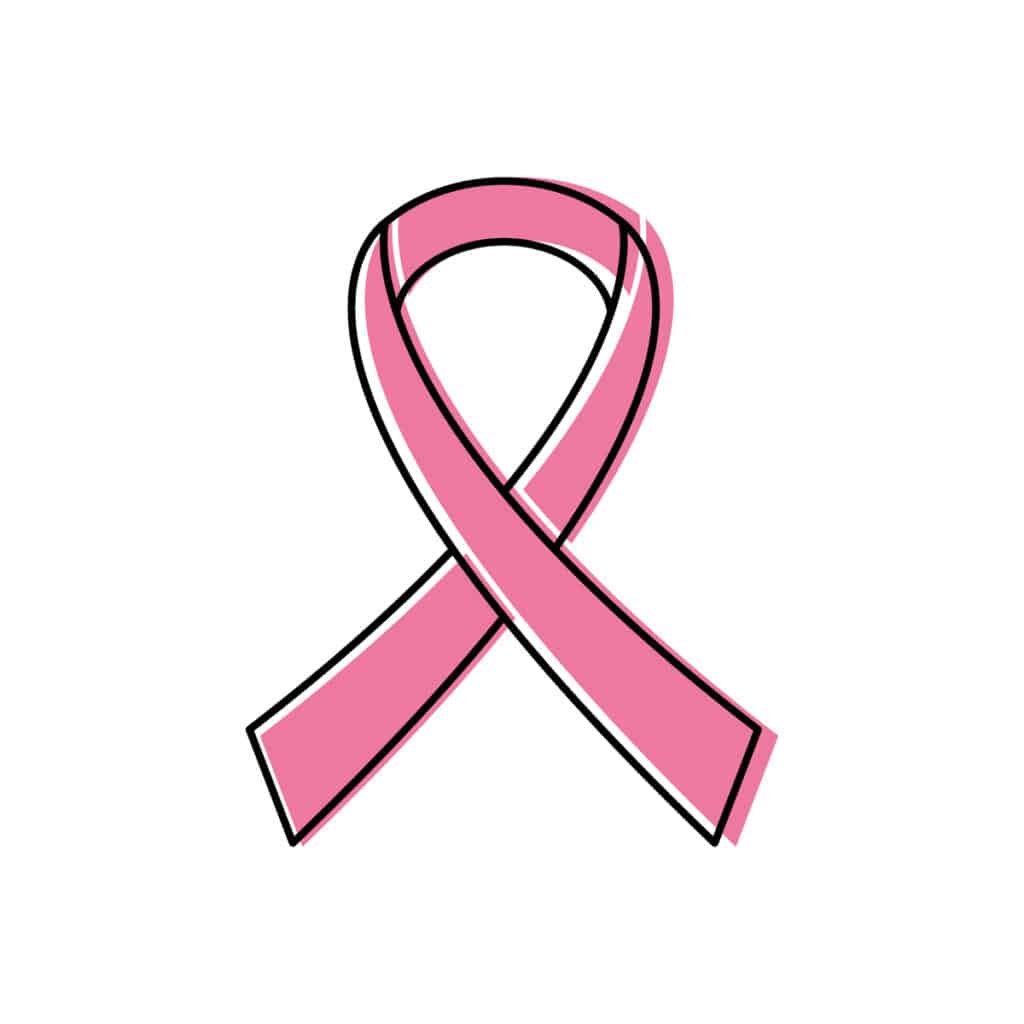Written by Beverly Sharifian, MA, APCC
Many of us are unfortunately affected by cancer in some capacity- perhaps due to having battled with it ourselves, dealing with the diagnosis of a friend or family member, or having lost a loved one to it. Like many diseases, the physical aspects of care have been at the forefront of treatment, while the emotional and social elements have remained in the periphery. Given the innumerable ways in which a cancer diagnosis can impact the lives of the patient and those close to them, care is moving towards treating all aspects of this disease.
What is Psycho-Oncology?
Medical providers are realizing that collaboration is one of the avenues to improved treatment outcomes. Thus, interdisciplinary fields- that is, fields in which multiple disciplines work together- are emerging at a rapid rate. One example of such a field is that of psycho-oncology where psychiatrists, social workers, and various types of therapists or psychologists work in collaboration with other medical providers to treat all aspects of a cancer diagnosis. This has been shown to significantly impact the quality of life of patients, caregivers, and their loved ones.
Psycho-oncology goes by many names, including psychosocial oncology and psychiatric oncology. The American Psychological Association defines psychosocial as “describing the intersection and interaction of social, cultural, and environmental influences on the mind and behavior.” The implications of a cancer diagnosis are far-reaching, as it can give rise to identity and role changes, existential concerns, isolation, and significant alterations in mood to name a few challenges. Psychosocial factors are inextricably linked to the progression of the disease and treatment outcomes. The unfortunate reality is that psycho-social services are not always readily available to cancer patients. My hope is that one day they will be embedded within care plans; until then, it’s important that people are aware of their options.
How Can these Services Help?
It is natural to feel elevated stress levels when managing any chronic disease. Navigating the uncertainties can be frightening. A cancer diagnosis may lead to, or exacerbate, pre-existing symptoms of depression and anxiety. Psycho-oncological services in the form of individual therapy, family therapy, or support groups can provide some relief, as people learn to cope, process their emotions, and regain a sense of control. Sometimes these services are offered to patients, which is the case in many cancer treatment centers. Other times, it requires initiative on behalf of the patient or their loved ones who may have to request services from providers or their insurance company. The American Cancer Society’s helpline can be a useful tool in connecting patients and caregivers with necessary services and resources (there is a link to their page in the resources section of this article).
Being a cancer survivor may come with a new set of obstacles, as ongoing scans and medical care may be required even while in remission. Trying to find normalcy given the natural changes in lifestyle may present particular challenges. Discussing stressors with trained professionals can mitigate an increase in psychological symptoms. Some cancer patients may feel as though their lives were completely altered, which can evidently lead to significant stress. The positive side is that there is an opportunity for something called post-traumatic growth, which is constructive change resulting from stressful life experiences. Therapy can focus on promoting the factors that increase post-traumatic growth and fostering enhanced mental well-being.
One of my major concerns as a mental health provider is the devastating reality that patients and families navigate terminal diagnoses without adequate support. The shock and anticipatory grief that may accompany such news can be crippling. Having to make critical decisions about treatment and end-of-life care while dealing with the emotional toll is overwhelming to say the least. Cancer support services may assist by providing education and addressing questions, outlining options for palliative care, in addition to offering therapeutic services to patients and their loved ones. Counseling can help people reflect on the meaning behind loss and suffering, encourage difficult conversations with loved ones, and empower patients to make profound decisions about end-of-life care.
I am relieved that the field of psycho-oncology is growing, given the multitude of benefits and immense need. Of course, not everyone who is met with a cancer diagnosis will choose to engage in such services; it is simply my hope that they will be aware of the resources available to them. At PNBC, we have clinicians who specialize in health psychology, making them well-equipped to assist cancer patients, survivors, and their loved ones. They can assist with pain management, the regulation of mood and emotions, as well as understanding and accepting bodily changes. Clinicians can also use an existential framework to examine the natural questions and concerns that arise from such a life-altering diagnosis.
Please find links to additional cancer resources below.
Resources
https://www.cancer.org/treatment/support-programs-and-services.html
https://www.cancercare.org/publications/60-finding_resources_in_your_community
https://apos-society.org/people-affected-by-cancer/coping-and-financial-resources/
References
American Psychological Association. (n.d.). Apa Dictionary of Psychology. American Psychological Association. Retrieved March 30, 2022, from https://dictionary.apa.org/psychosocial
Collier, L. (2016, November). Growth after trauma. Monitor on Psychology. Retrieved March 30, 2022, from https://www.apa.org/monitor/2016/11/growth-trauma
Psychosocial factors and cancer – uclastresslab.org. (n.d.). Retrieved March 30, 2022, from http://www.uclastresslab.org/pubs/Lamkin_Slavich_TheoryInPsych_2014.pdf
Turnbull Macdonald, G. C., Baldassarre, F., Brown, P., Hatton-Bauer, J., Li, M., Green, E., & Lebel, S. (2012). Psychosocial care for cancer: a framework to guide practice, and actionable recommendations for Ontario. Current oncology (Toronto, Ont.), 19(4), 209–216. https://doi.org/10.3747/co.19.981

